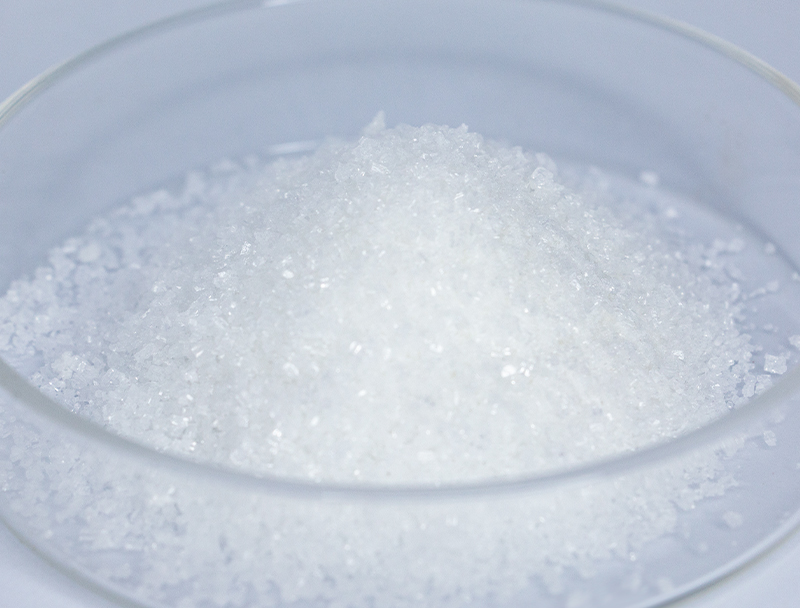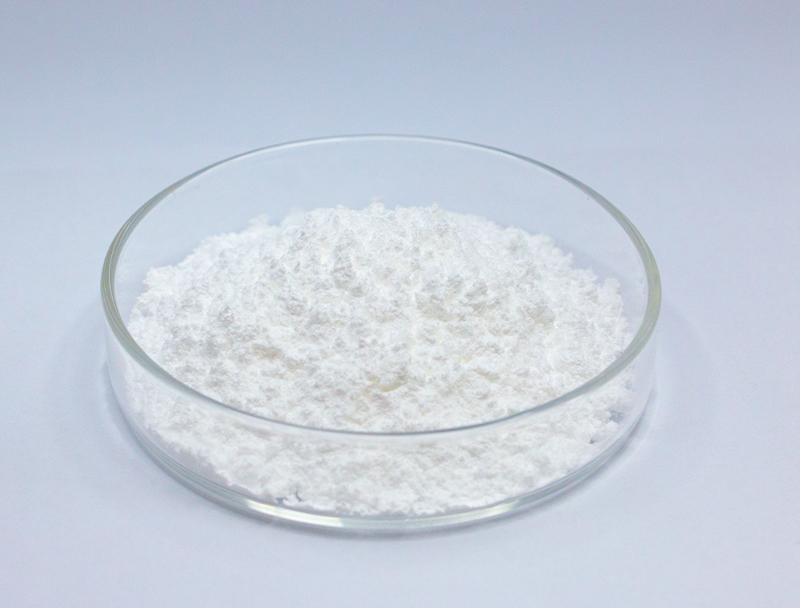
Modern biofabrication is grounded in a wide assortment of biomass sources to yield progressive bio-based commodities.
Guaranteeing ethical acquisition of feedstocks is indispensable to sustainable success and conscientious scaling.
multiple challenges associated with traditional raw material procurement such as soil erosion and unchecked resource extraction. Accordingly, companies are required to implement regenerative sourcing methods to mitigate footprints.
- Instances of green procurement approaches are:
- Using repurposed agricultural residues as substrates
- Implementing closed-loop systems to minimize waste and maximize resource efficiency
- Connecting with nearby vendors prioritizing responsible supply
Shifting to ethical sourcing drives environmental value and long-term commercial viability.
Upgrading Feedstock Traits for Better Biofuel Performance
Boosting conversion rates requires high-quality and well-characterized biomass. Research teams persist in studying techniques to boost feedstock performance, facilitating elevated yields and a renewable energy transition. Strategies feature genetic optimization to raise biomass yield plus pretreatment to depolymerize plant polymers into sugars.
- Similarly, research probes algae, byproduct streams, and harvest remnants as potential sustainable sources to augment biofuel feedstocks.
- With persistent development the field will likely demonstrate notable gains that foster a more sustainable energy system.
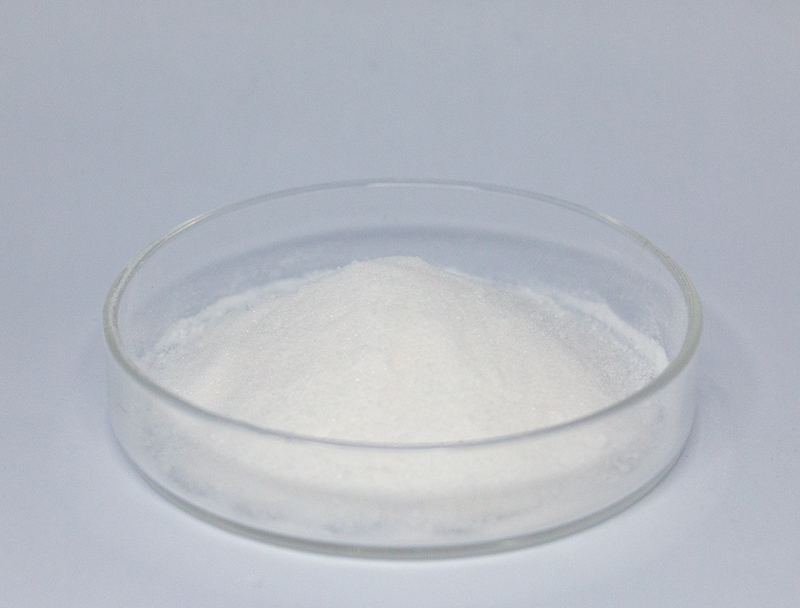
Biopharmaceutical Manufacturing: Advancements in Upstream Processing
represents the initial stages of biopharmaceutical manufacturing, encompassing all steps from cell culture and cell harvesting Recent developments in this field have resulted in optimized workflows that raise overall output.
Notable improvements feature new expression systems, refined media recipes, and automated reactor platforms. The improvements increase output while decreasing cost structures and sustainability impacts.
- Furthermore, there is a growing trend towards continuous processing in upstream processing, allowing for increased flexibility over the production process.
- Embracing sophisticated manufacturing strategies is poised to change industry norms and shorten development cycles.
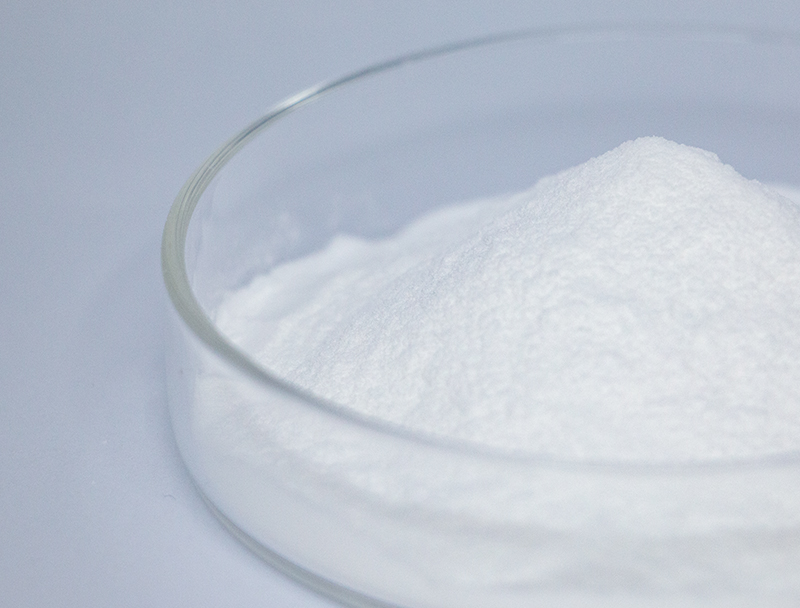
Advances in Gene Editing to Boost Therapeutic Production
innovations in genome-editing toolsets have enhanced biopharmaceutical manufacturing. By precisely targeting genes within host organisms, researchers can enhance the yield of valuable therapeutic proteins. These methods could enable production of accessible and efficient medicines tackling diverse health challenges.
Microbial Biotechnology as a Sustainable Cleanup Strategy
novel biological remediation techniques leveraging microbial metabolisms for pollution control. Microorganisms possess the remarkable ability to degrade and transform harmful pollutants into less toxic substances.. Applying microbial remediation systems creates low-impact cleanup options that address contamination efficiently.. Study groups probe microbial metabolic diversity to tackle metals, persistent pesticides, and hydrocarbon spills.. Microbial strains work in bioreactor settings or on-site applications to convert pollutants through biological pathways..
Microbial remediation approaches present key benefits relative to classic remediation methods. Such strategies are budget-friendly and lessen the creation of harmful byproducts. Additionally, microbial tactics can target contaminants selectively while preserving surrounding ecological systems. Ongoing innovation aims to boost the throughput and efficacy of microbe-driven remediation approaches.
Leveraging Bioinformatics for Novel Therapeutics
Digital bioinformatics methods are central to evolving therapeutic discovery processes. From target selection to safety profiling, bioinformatics empowers rapid, data-informed therapeutic design.
- Via examination of genomic, proteomic, and clinical datasets, researchers pinpoint targets and project drug activity.
- In addition, predictive simulations inform medicinal chemistry efforts to craft more efficacious drugs.
- Ultimately, informatics is transforming R&D and shortening timelines to deliver safe, efficacious therapies to patients.
Metabolic Engineering Strategies for Enhanced Bioproduct Synthesis
utilizes multiple approaches to enhance production of desirable bioproducts in cells. Programs use genetic redesign of metabolic networks, dynamic regulation of expression, and addition of heterologous genes to unlock new capabilities. By calibrating pathway dynamics and expression levels teams can greatly amplify bioproduct yields.
The multifaceted strategy promises to reshape sectors like biotech, agritech, and renewable fuel industries.
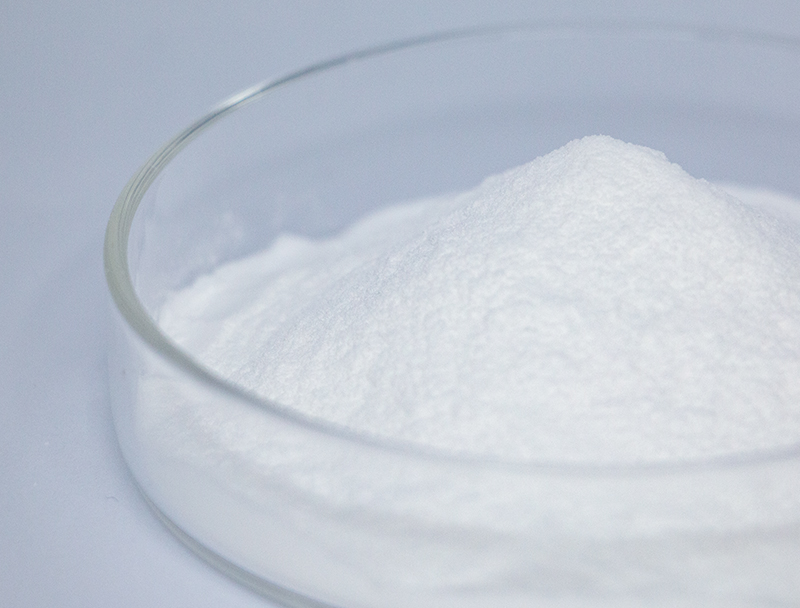
Scale-Up Challenges and Prospects for Biopharmaceuticals
Commercializing biopharma production involves significant constraints and promising benefits. Keeping consistent product performance at elevated volumes is a significant challenge. Solving it involves resilient control frameworks, high-resolution monitoring, and modern analytical tools.

One issue is the complexity of biopharmaceutical manufacturing processes, which often involve multiple steps.. Scaling optimization is a resource-intensive task that calls for substantial innovation and study.. Despite challenges, the benefits may be considerable. Successful industrialization can broaden availability, trim costs, and raise profitability.
Several projects are designed to mitigate these scaling barriers. These include the development of new technologies for process optimization, advanced analytics for real-time monitoring and control, and innovative manufacturing strategies.
- Technology development efforts underpin advances in production capability.
- Government agencies are streamlining review procedures to permit quicker uptake of new production technologies and foster innovation.
Charting Regulatory Pathways for Biologics to Safeguard Patients
Advancing biopharmaceuticals involves heavy regulatory scrutiny to secure product safety and proven efficacy. Biologically based treatments require tailored oversight and production controls beyond those for typical medicines.
Institutions such as the U.S. FDA and European EMA lead in formulating regulations and benchmarks for biologic approvals..
Strict validation and testing steps are required across the product lifecycle from lab studies to post-market oversight.. These controls function to identify dangers and ensure biopharmaceuticals achieve premier safety standards..
Moreover, oversight agencies continually refine approaches to align with accelerating scientific progress in therapeutics.. Initiatives cover incorporating new methods and supporting faster development while ensuring patient protection.
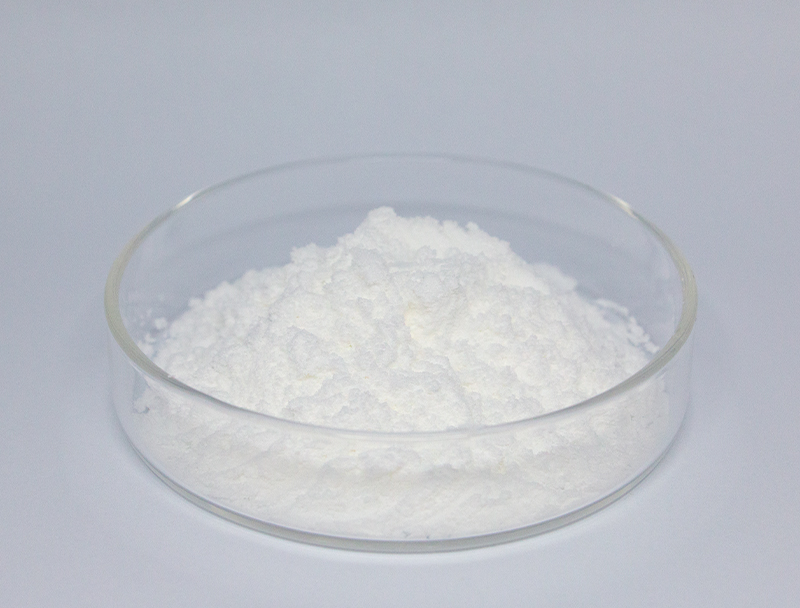
Plant-Based Biomass Options for Bioplastic Manufacturing
Heightened demand for sustainable products accelerates efforts to develop renewable material alternatives. Plant-origin feedstocks converted into bioplastics create promising opportunities for eco-friendly materials. Organic feedstocks like cornstarch, cellulose, and sugarcane can be converted to compostable polymers that shrink the environmental footprint of plastics.
In addition, certain bioplastics match performance of petroplastics, enabling broad applicability in multiple sectors.. Ongoing R&D is essential to scale plant-based bioplastics and realize circular economic benefits.
Emerging Biotech Solutions for Health and Food Security
Biotechnology offers potent solutions for advancing public health and enhancing food security. With genetic tools, engineered biological systems, and regenerative cell approaches, experts craft interventions to manage diseases, enhance agriculture, and fortify nutrition.. For example, engineered crops with pest resistance and stress tolerance can increase yields while lowering pesticide use.. Moreover, biotechnology plays a crucial role in Sialic Acid developing vaccines, antibiotics, and diagnostic tools that are essential for combating infectious diseases and improving global health outcomes.. As research progresses, biotechnology holds immense promise for creating a healthier and more sustainable future for all.
